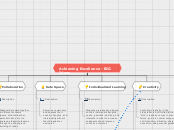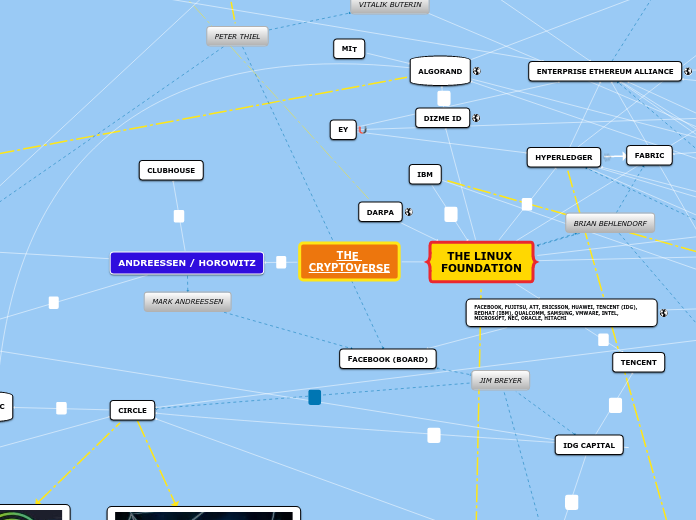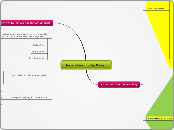by Evie Basztyk-Benishek 6 years ago
146
Achieving Excellence - BIG Ideas
The focus on achieving excellence in education emphasizes the importance of understanding the purpose behind learning, transforming it from a mandatory task to an engaging exploration.









